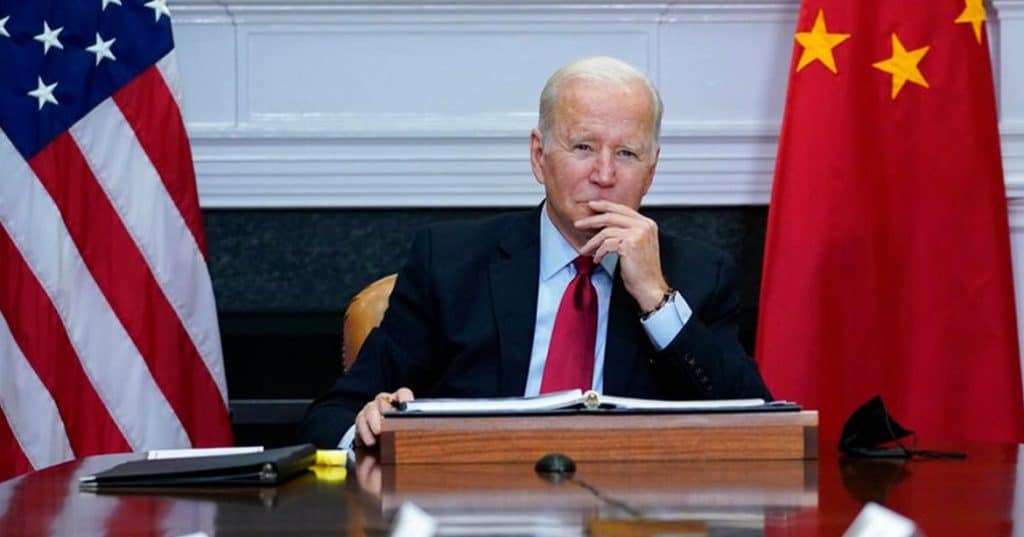World Geostrategic Insights interview with Kueth Yul, Mary Prentice, Umberto Bosna, co-authors of the American…
-
- The Challenges to State Sovereignty in the Post-Westphalian World
- The Implications of India’s Abeyance of the Indus Water Treaty
- Chokepoints and Checkmates: BlackRock’s Strategic Move in Panama
- Real Crisis Behind the Bond Market Turmoil
- Does SAARC Still Matter Today?
- The Geopolitics of Mediterranean Security
- Japan and South Korea’s Complex Relations with China and the impact on Indo-Pacific Based Alliances in the Trump 2.0 Era
- From Turmoil to Tourism: An Opportunity for Balochistan
- Japan’s Ukraine Policy at a Crossroads: Time for a Strategic Reset
- Cyber Warfare: A Grey Zone in International Law







